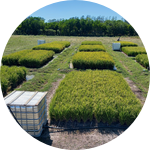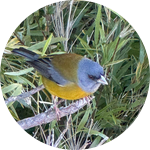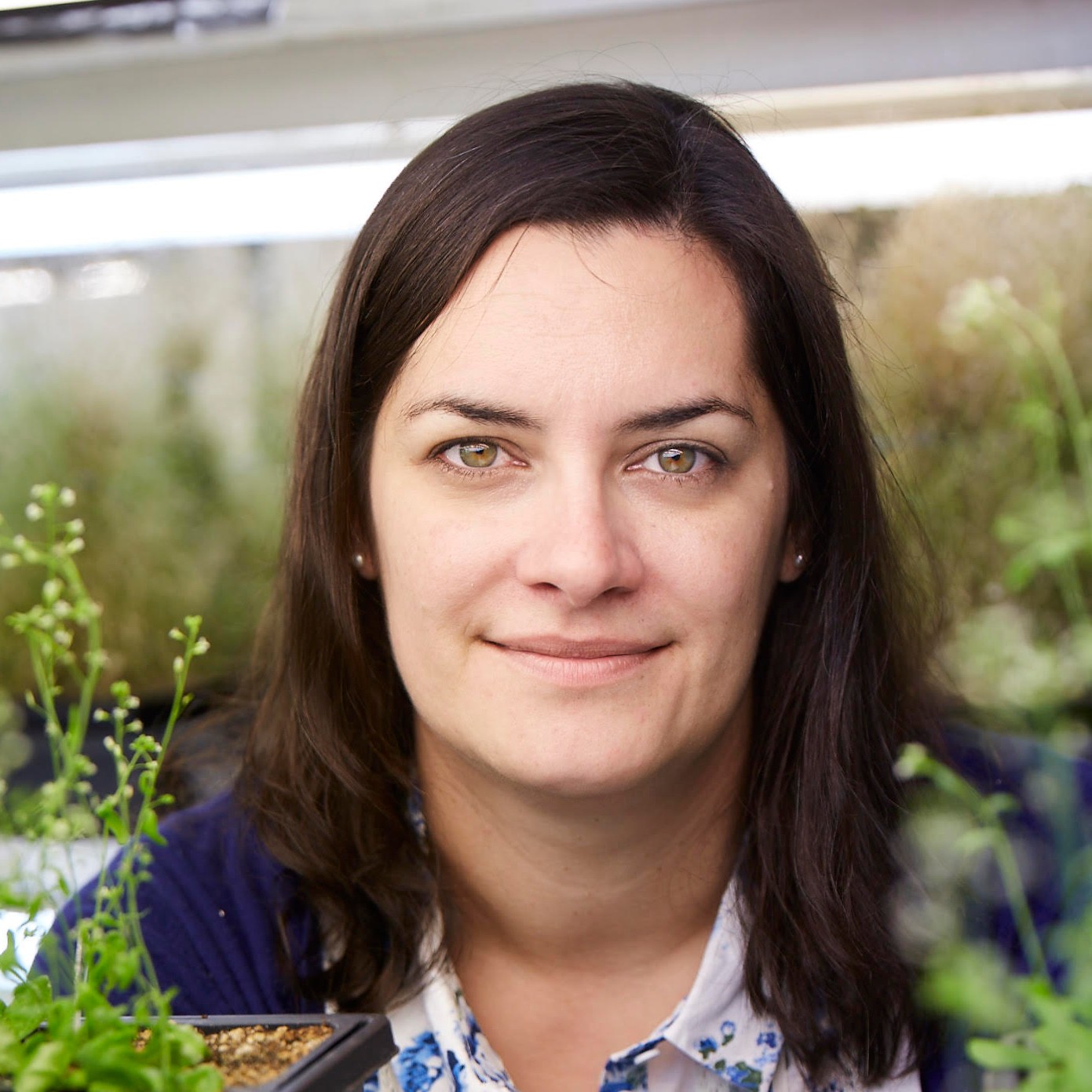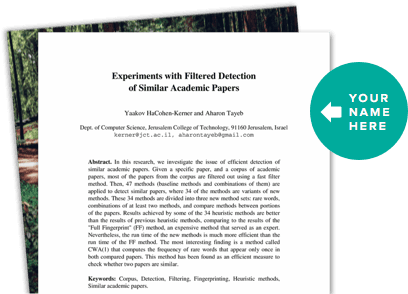About This Project
Weeds pose a significant threat to crop productivity globally. However, those closely related to crops serve as a valuable genetic resource and offer potential insights into resilience and adaptive traits transferable to crops. Our project aims to study weedy rice diversity with the goal of eventually transferring adaptive traits to rice. This effort could lead to improved crop resilience and facilitate better weed management strategies.
Ask the Scientists
Join The DiscussionWhat is the context of this research?
Agricultural weeds that are closely related to crops serve as a valuable genetic resource and offer potential insights into resilience and adaptive traits transferable to crops. Weedy rice, a rice conspecific emerged mostly from de-domestication, particularly challenges rice cultivation worldwide. In Argentina, weedy rice exhibits a wide range of traits, prompting research into its genetic and phenotypic diversity to understand their adaptability and resilience against climate change and resource constraints. Our project aims to study this diversity, focusing on root development, through high-throughput pheno and genotyping, with the goal of eventually transferring beneficial traits to rice. This effort could lead to improved crop resilience, especially water use, and facilitate better weed management strategies.
What is the significance of this project?
Weeds are responsible for more than 30% of global crop productivity loss. However, those closely related to the crops they invade can also be a source of phenotypic and genetic information for investigating resilience to future environments and the potential transfer of adaptive traits to related crops. For rice, weedy rice imposes an increased level of difficulty for control since it is a highly competitive conspecific weed. In Argentina, weedy rice populations offer a wide range of variability in traits that provide a competitive and adaptive ability. As a result, the information provided by this weed is of interest to extract information to improve rice farming in the face of climate change and resource constraints. The goal of this project is to investigate the phenotypic and genotypic diversity of Argentinian weedy rice in order to identify potential breeding targets for rice in regionally adapted biotypes.
What are the goals of the project?
The funds will be used to achieve four main goals:
1. Enriching and further diversifying the Argentinian weedy rice collection. Specifically, we will be going on field trips in the months of March and April (travel expenses for 3 people).
2. Running phenotyping lab and field experiments. We will be assessing root structure and biomass accumulation in controlled (seedling) and field conditions (mature plants). For this, we will 3D-print devices (rhyzotrons and collander-like devices) that will allow us to assess root system structure and ground exploration by plants. Experiments will be run throughout the year (seedling phenotyping) and in spring-summer (field experiment).
3. Genotyping and mapping of causal loci. The high processing capacity computer will be used to search the available genome data (already obtained and currently being complemented) to identify breeding targets for rice crops.
4. Training of an undergrad student in agricultural sciences.
Budget
We grow weedy rice plants in an enclosed cage protected with bird mesh to avoid predation and spread of seeds. It also helps us to have a semi-controlled environment where we manage water supply and fertilization. These conditions allow us to phenotype adaptive traits that are relevant regionally, especially root structure and biomass, which is assessed using a set of 3D-printed devices (collanders for pots and mature plants and holders for glass plates to grow seedlings, i.e. rhyzotrons). A student will be trained and will lead the project and material collection trips to enhance the weedy rice collection and assess further the diversity of this agricultural weed in Argentina. The data will be used to map causal loci using genomic data currently being obtained, for which we will need a computer with high processing capacity.
Endorsed by
 Project Timeline
Project Timeline
The project implies a year-long work schedule and student training, starts in March with field collection trips, seedling phenotyping, and 3D print device design, and ends with a field trial in October-March. Phenotype data will be continuously analyzed and used to genotype and map causal loci (potential breeding targets). Progress and results will be shared by adding lab notes to the project and in presentations at conferences.
Jan 13, 2025
Project Launched
Apr 30, 2025
Field collection trips
May 31, 2025
3D print design and printing
Sep 30, 2025
Seedling phenotyping
Mar 31, 2026
Data analysis and identification of potential causal loci
Meet the Team
Affiliates
Team Bio
I lead a group of plant scientists with diverse backgrounds and expertise (biologists, geneticists, ecologists, biotechnologists, and molecular biologists). From undergrad students to established researchers, our goals are to uncover the diversity and ecology of agricultural weeds to harness and unlock their genomic and physiological potential to improve agricultural production and weed management. This project will recruit an undergrad student who will be trained in lab and field work.
Gabriela Auge
I am a plant scientist working at the intersection of ecology, physiology, genetics and genomics. My love for plants grew unexpectedly while I was studying a Biotechnology degree in college. I was immediately amazed by their plasticity and resilience, and since then I have committed to work on understanding how they function and adapt to changing environments.
Lab Notes
Nothing posted yet.
Additional Information
The following link takes to a photo album with a collection of photos of the work done in the last few years in the Argentinian weedy rice project. They show our field (sample collection) and lab work (sample processing and genotyping), root phenotyping of mature plants in the field, seedling phenotyping in controlled conditions (growth chamber), a 3D printed device used for root phenotyping in the field, and the field experimental setup used for field experiments.
Project Backers
- 0Backers
- 0%Funded
- $0Total Donations
- $0Average Donation



